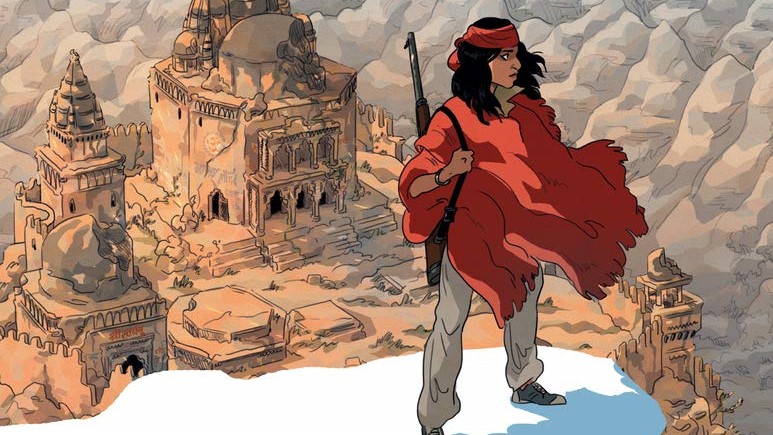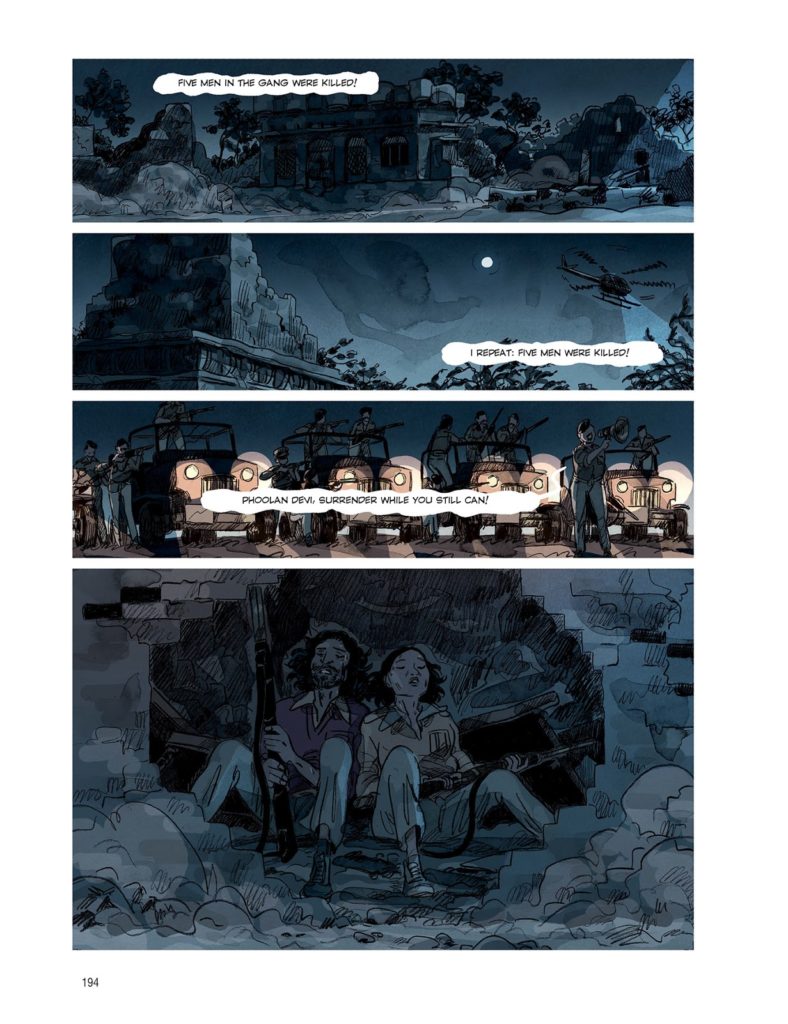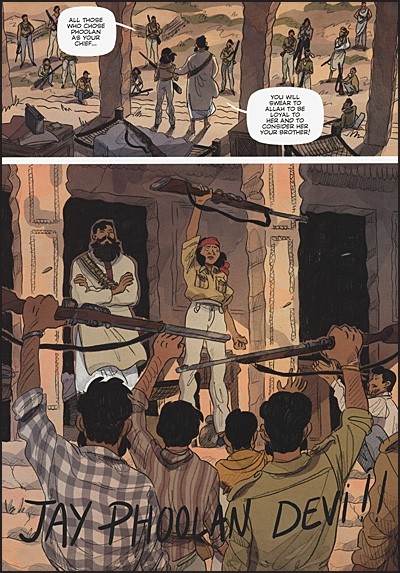
 Phoolan Devi first crept into the consciousness of a world outside India in 1994, the year filmmaker Shekhar Kapur made a film about her life and called it Bandit Queen. It didn’t do half as well as one he made a few years later on another queen, Elizabeth, but it was done well enough to set him on a path to success. As for his first subject, she lived a much more colorful life, starting as an impoverished, illiterate girl in rural India, pushing through much trauma and an incredible amount of injustice to eventually become the country’s most female dacoit, before ending her days as a member of Parliament. It was the kind of story begging for a big screen, and Kapur obliged.
Phoolan Devi first crept into the consciousness of a world outside India in 1994, the year filmmaker Shekhar Kapur made a film about her life and called it Bandit Queen. It didn’t do half as well as one he made a few years later on another queen, Elizabeth, but it was done well enough to set him on a path to success. As for his first subject, she lived a much more colorful life, starting as an impoverished, illiterate girl in rural India, pushing through much trauma and an incredible amount of injustice to eventually become the country’s most female dacoit, before ending her days as a member of Parliament. It was the kind of story begging for a big screen, and Kapur obliged.
Much has been written about Devi in the past, and her biography sheds a lot of light on what she had to deal with to find herself cast in the role of an outlaw. It wasn’t a life she chose for herself, but one that left her with no other option given the circumstances of her upbringing and the helplessness that Indian women have struggled with for centuries under an unforgiving and tyrannical system of patriarchy. Her story is compelling as well as inspirational, which probably explains why French illustrator Claire Fauvel was moved to create this graphic biography.

It is based largely on the words of Devi herself, who spent the latter half of her life being increasingly vocal about the cards she had been dealt. What Fauvel does rather well is juxtaposing her true story with art that takes the reader deep into India’s hinterlands, recreating not only the impoverished lives of its people and the decrepit structures they live in, but also evoking the darkness that lies in these forgotten parts of the country.
Devi was born into an oppressed community of people called Mallaahs and was married off as a child. The practice continues long after it has been declared illegal, and Fauvel effortlessly makes the reader empathize with the horror a child bride must feel when confronted with a partner many decades older than her. The few pages that depict Devi’s brutal rape by her husband are among the book’s most powerful, despite the art itself being more understated than elsewhere. This is followed by more acts of violence as the story progresses, each as shocking as the last. If this sounds as if Fauvel aims at titillation, she does a remarkable job of balancing it with the more reflective parts of Devi’s story too, allowing us to participate in her journey towards self-confidence and love.

This isn’t to say Phoolan Devi: Rebel Queen is a flawless work. The action moves along so quickly that Devi isn’t given much time to explain why she does a lot of the things she does. Perhaps the nature of the medium prevents this from being done more effectively, but it does make one wonder if the biography would be more absorbing with those additions. There are spelling errors too, which are annoying when one considers they could easily have been fixed by an editor.
Ultimately, one must admit this book reintroduces an unlikely, forgotten hero to the West. For that alone, Fauvel should be congratulated.



![[REVIEW] FALL OF THE HOUSE OF X: WEEK FIVE](https://geekd-out.com/wp-content/uploads/2024/01/dxm1-feat-150x150.jpg)
![[INTERVIEW] CHAD CORRIE ON WRITING, FANTASY, AND THE WIZARD KING TRILOGY](https://geekd-out.com/wp-content/uploads/2022/09/2476E3EA-7DB6-4E17-9EA6-7F6F055FC943-150x150.jpeg)